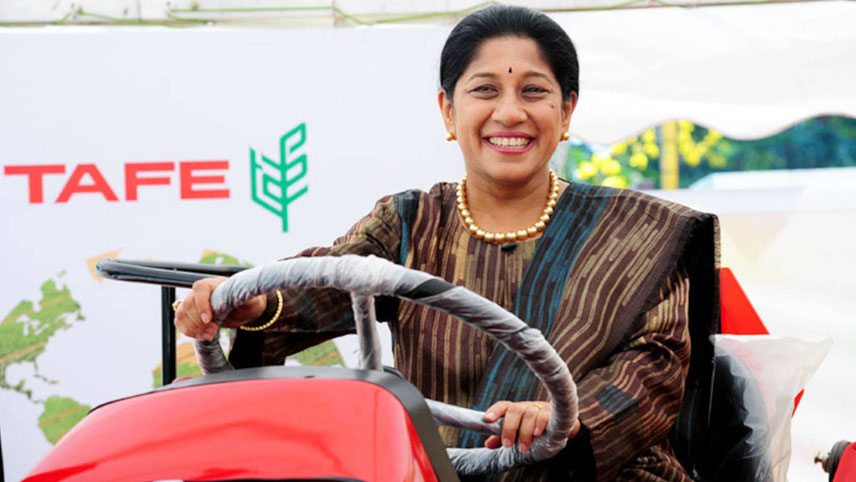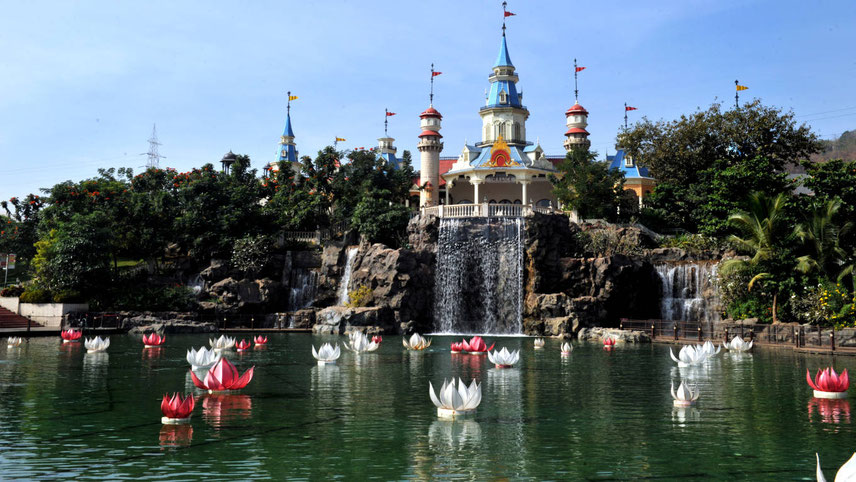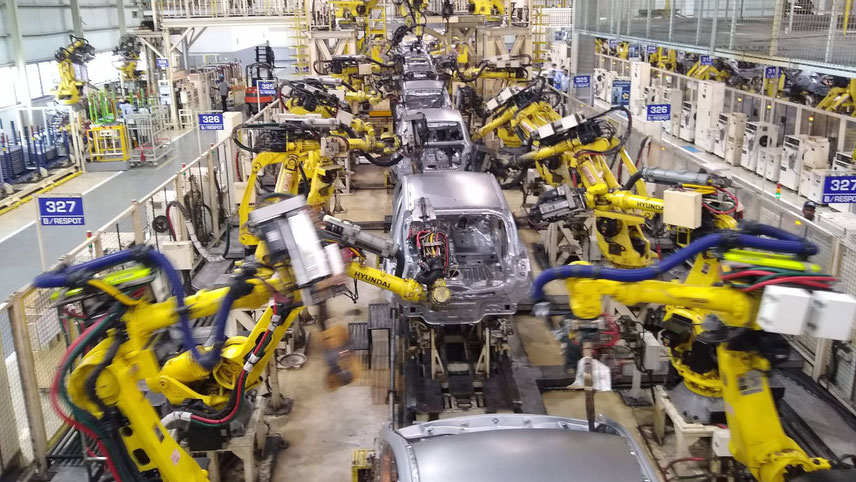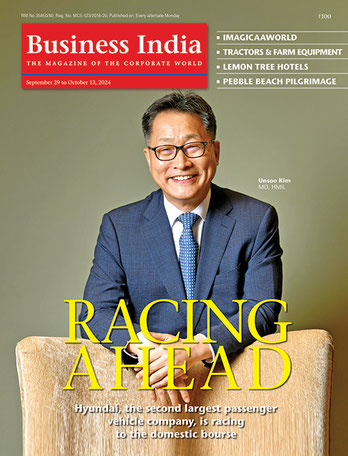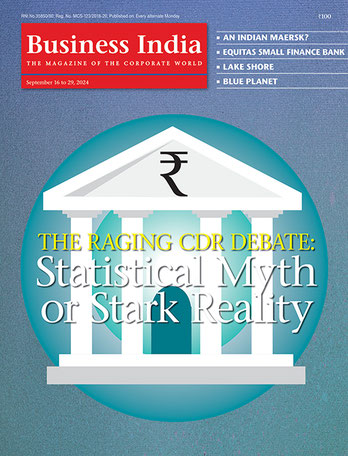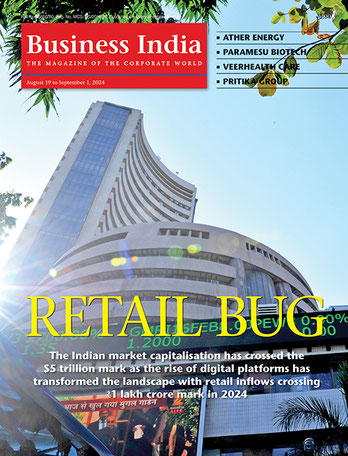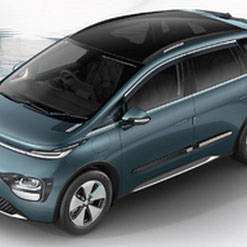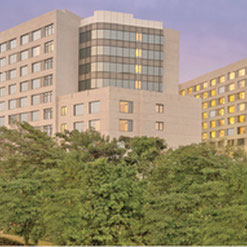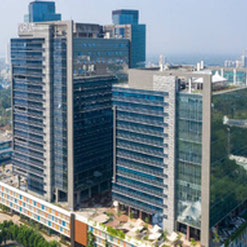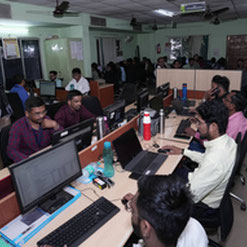Having started processing expanded polystyrene (EPS) – known by the generic name Thermocole – in India in the early 1970s, K.K. Nag had installed an imported German machine a couple of decades ago to recycle the in-process rejections. “Now, improvements in the manufacturing technology have brought such rejection to almost zero,” says Mitali Nag, the Pune-based company’s deputy general manager. “The machines were lying idle.” She decided to put them into use again: “All over the city, I could see Thermocole packaging material thrown on the city and falling out from garbage bins. This was our product, and I felt we should do something about it. As a company, we decided to clean our city of this eyesore.” Neither the end customer of the product in which the Thermocole was packed, nor the Pune Municipal Corporation (PMC), obviously knew what do with it. In fact, Nag and her team found, PMC and its garbage collection associate SWaCH – a co-operative of waste-pickers which covers over 70 per cent of the city’s population – were refusing to take the bulky material. “A truckload of it weighs only 50-60 kg, because 98 per cent of it is air,” she explains. “Even if they did, it would eventually land up in a landfill.” Ramping up Enter Recycole, which found a way to solve the problem by picking up the waste Thermocole and processing it in its recycling plants. Talking of the ‘greenwashing’ brought to light by an investigation in the US last year, which showed that the plastics industry spent ‘tens of millions of dollars’ on advertisements about the recyclability of plastics, but these were mostly buried, burned or even dumped in the sea, she says: “This is why we recycle 100 per cent of the Thermocole ourselves instead of trying to get another recycler to do so!” K.K. Nag – the company is named after its founder, Mitali’s grandfather – began by making their home in the city’s posh Koregaon Park area a drop-off point for waste Thermocole. As response grew, they tied up with PMC and SWaCH to pick it up from people’s homes along with other garbage and take it to their depots – called ‘ramps’ – from where the company’s trucks pick it up. “We also collect it from housing complexes which get together, say, a tempo load of about 30 kg,” Nag says. “We accept it in any condition: dirty, coloured and in different shapes. We have also got ‘Recycole’ bags made, to be filled at the PMC ramps or the housing areas. Six of these bags makes a Bolero load.”
-
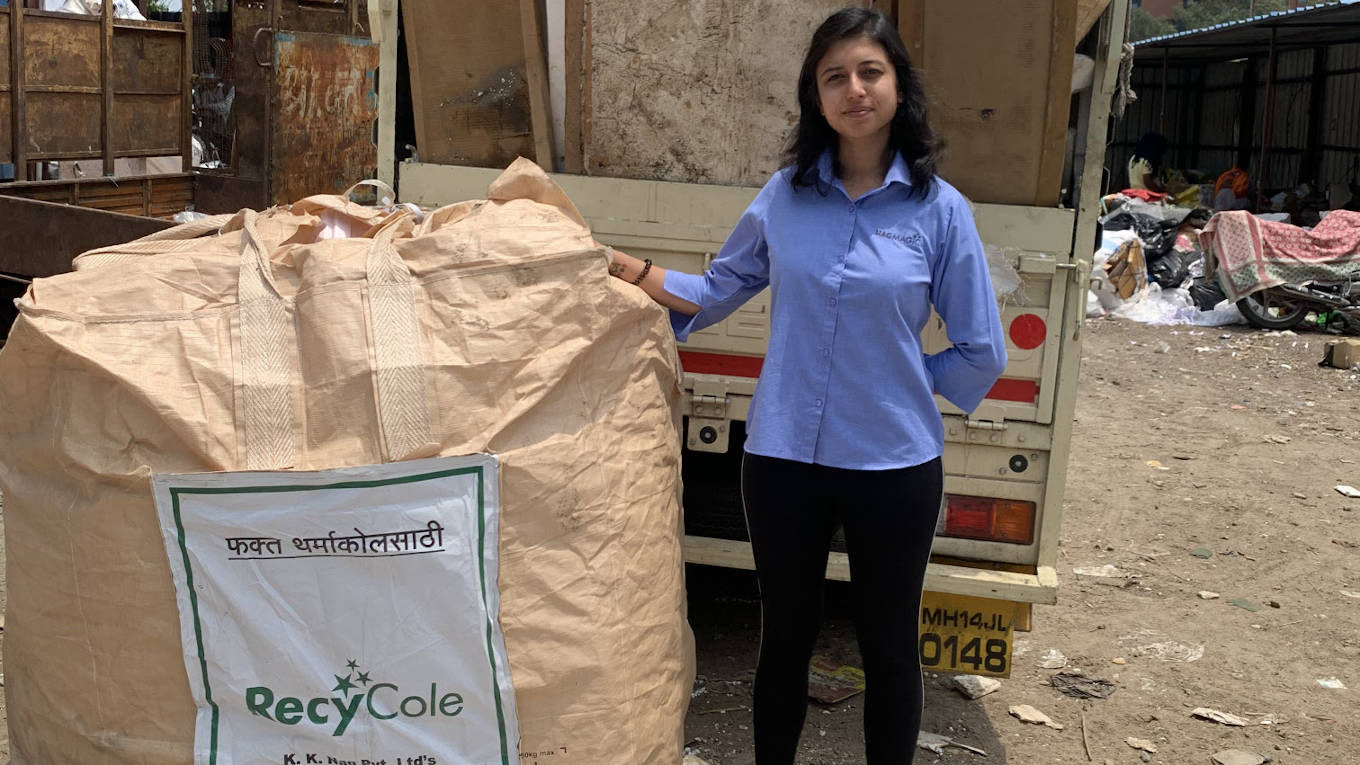
Mitali Nag doesn’t want to leave even a scrap of thermocole anywhere














